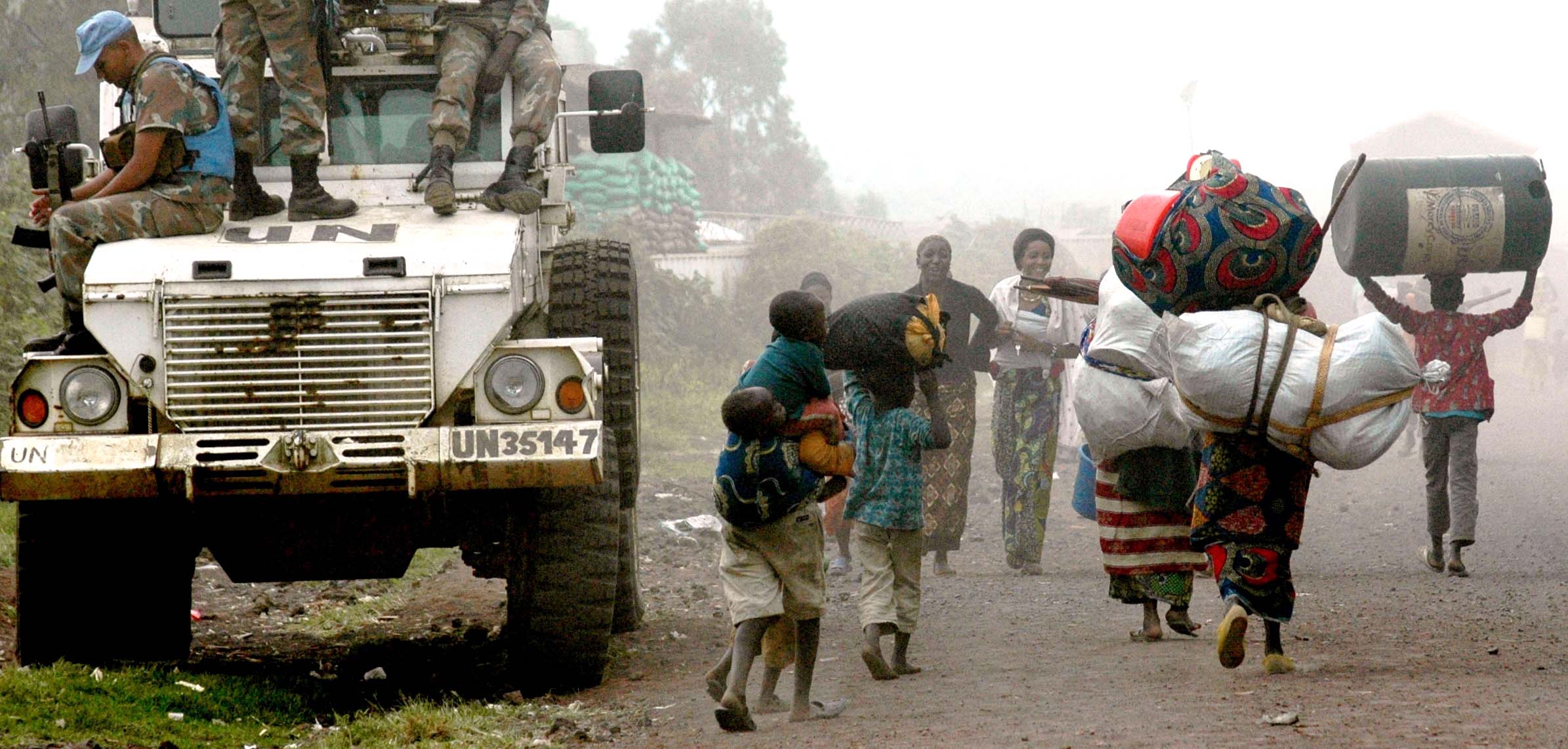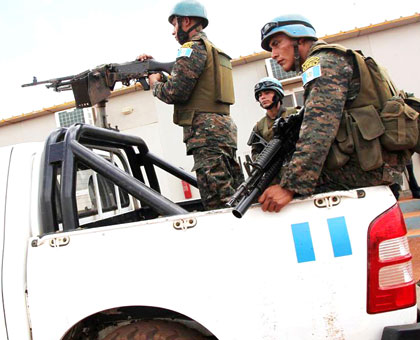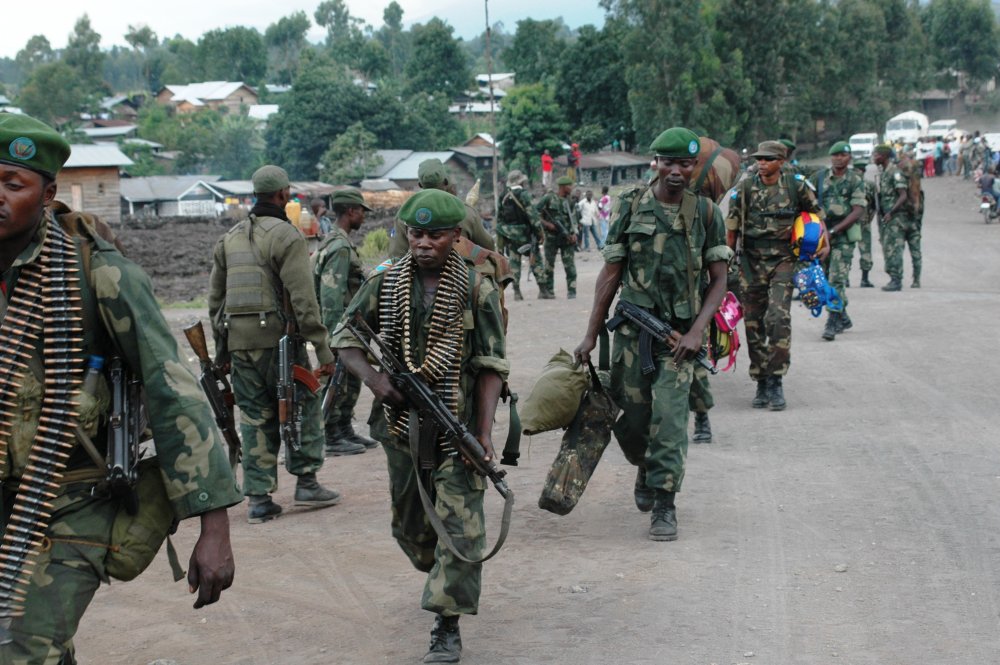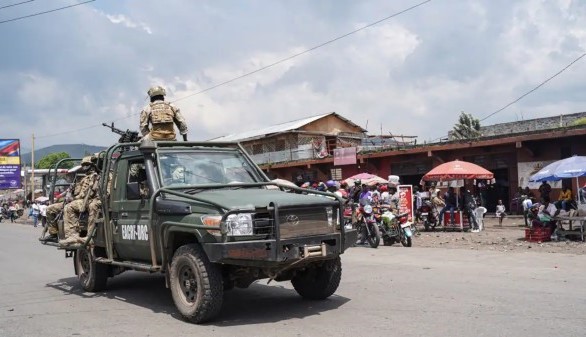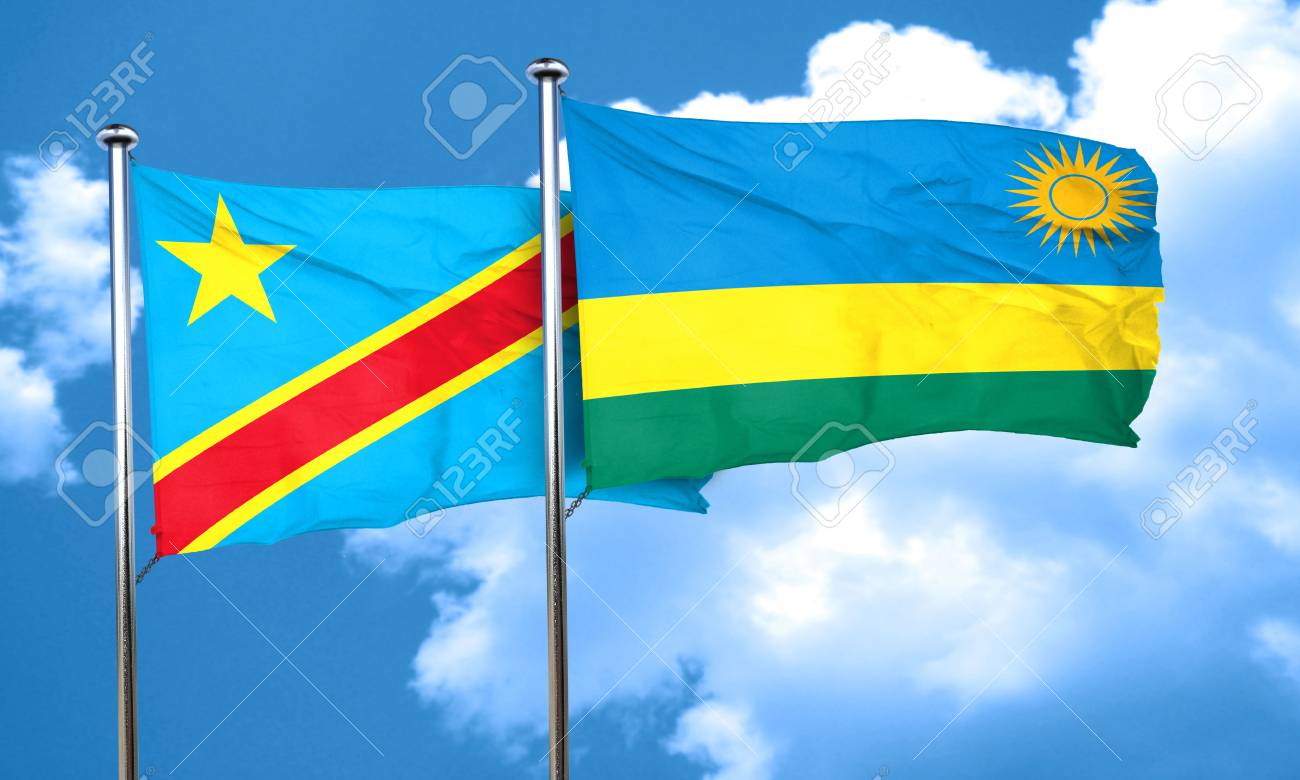Regional
A lie told 40 years: The real narrative behind UN Group of Experts’ lies -how to fix DRC
.jpg-20230629110019000000.jpg)
The
Manden Charter established by Sundiata Keita is a historical document that
originated in the 13th century in the Mali Empire of West Africa. It is
considered as one of the earliest known constitutions in the world. It served
as a guiding document for governance and social order within the empire.
The
Charter was a set of laws and principles that aimed to regulate various aspects
of society, including political administration, social organization, and
economic activities. It was primarily based on the values and customs of the
Mandinka people who formed a significant part of the empire's population.
Its Article
17 stated that: “Lies that have lived for 40 years should be considered like
truths.”
To
contextualize it easily, one can also refer to Joseph Goebbels, the
propagandist minister of the Nazi German government during the Third Reich, who
possessed a keen awareness of the influential nature of repeating falsehoods.
Goebbels
infamously proclaimed that: "If you tell a lie big enough and keep
repeating it, people will eventually come to believe it." This is a
psychological phenomenon.
The
set of normalizing lies is the simplest way to describe the UN Group of Experts
(UNGoE) ‘report’. It is to advance a lie so much and so deep that it eventually
becomes accepted as a fact.
The
UNGoE has been entrusted with the responsibility of investigating the situation
in eastern DRC, aiming to offer practical solutions to the country's insecurity
challenges. However, their periodic reports deliberately overlook the
shortcomings of the UN and the Congolese government in addressing the
situation.
Reading
their report released on June 19, it is obvious that the UNGoE fumbled with
crafting a narrative that would shift blame on Rwanda for all the insecurities
in the DRC when they had a very soft touch on the existence of the FDLR
terrorist group in DRC, its alliance with the national army, FARDC, and cast doubts
on the existing genocide against the Congolese Tutsi which they referred to as
alleged despite the compelling evidence that it is indeed going on.
This
approach undermines the objectivity and credibility of their analysis.
By
focusing on unverified claims of blaming Rwanda, the authors of the report fail
to offer practical solutions that can effectively address the challenges faced
by the region. Moreover, the UNGoE overlook the failures and inefficiencies of
the UN and the Congolese government in tackling the situation, perpetuating a
limited and biased perspective.
In
their latest report, the GoE accused the M23 rebels of exploiting the genocide
narrative and creating an environment of fear, hate speech, and violent
reprisals. They deliberately refused to acknowledge the suffering endured by the
Tutsi community in DRC over the past three decades.
The
calls for the extermination of this community, openly made by government
officials, have been widely documented. Yet, the UN report reduces their plight
to mere fear-mongering, thereby diminishing the gravity of the real situation.
The
Group of Experts also exhibit a selective focus by briefly mentioning the
alliance between the DRC government and FDLR, a sanctioned terrorist group
responsible for targeting DRC’s Tutsi citizens for extermination. This
undermines any effort to hold accountable those who are complicit in the
violence. Additionally, the report fails to acknowledge the targeted killings
of innocent civilians in areas that were vacated by the M23 as part of an EAC-led
peace initiative.
Kinshasa's
failure to honor previous peace agreements is disregarded, painting an
incomplete picture of the situation on the ground.
The
reports from the Group of Experts contributes to a bleak outlook for peace in
eastern DRC.
Indications
of government forces and their allies regrouping, including the FDLR and
European mercenaries, for major attacks against the M23 raise serious concerns.
The fact that the UN has maintained its most expensive peacekeeping operation
in the country for over two decades without significant results further
undermines confidence in the organization's ability to provide an effective
solution to DRC's problems.
Given
the limitations and shortcomings of the UN Group of Experts' reports, it
becomes evident that alternative approaches are necessary to address the
challenges.
These
alternative approaches should prioritize the genuine concerns of the affected
communities and address the underlying issues fueling the conflict. Engaging
with a wider range of stakeholders, including regional actors, civil society
organizations, and affected communities, is crucial to formulating
comprehensive and inclusive strategies for lasting peace and stability in the
region.
It is
clear that the solutions to the country's problems cannot solely rely on the
UN.
There
is a need for enhanced regional cooperation and involvement. The neighboring
countries such as Rwanda and Uganda play a crucial role in the stability of
eastern DRC as primarily concerned and affected neighbors. Engaging them in
constructive dialogue and collaboration can lead to more effective strategies
to address the root causes of the conflict.
A
regional approach that acknowledges the interconnectedness of the issues and
seeks collaborative solutions is essential.
Addressing
the grievances and concerns of the affected communities is paramount. This
includes prioritizing the protection of the Tutsi community and ensuring
justice for the atrocities committed against them.
International
organizations and governments must prioritize the protection of vulnerable
populations and work collectively to ensure justice, security, and stability in
the region.
Addressing
the underlying socioeconomic factors is crucial for sustainable peace. Poverty,
inequality, and lack of access to basic services contribute to the cycle of
violence and instability. Investing in education, healthcare, infrastructure,
and economic development can create opportunities and improve the livelihoods
of the Congolese people. By addressing these structural issues, a more stable
and prosperous future can be envisioned.
By
adopting a comprehensive and inclusive approach, the prospects for peace in
eastern DRC can be improved, and the suffering endured by the Tutsi community
and other affected populations can be effectively addressed.
The DRC
is a very rich country, considering its abundant natural resources wealth. It
can give its population a decent standard of living if the politicians in
Kinshasa were patriotic enough.


.jpeg-20221214055432000000.jpeg)
